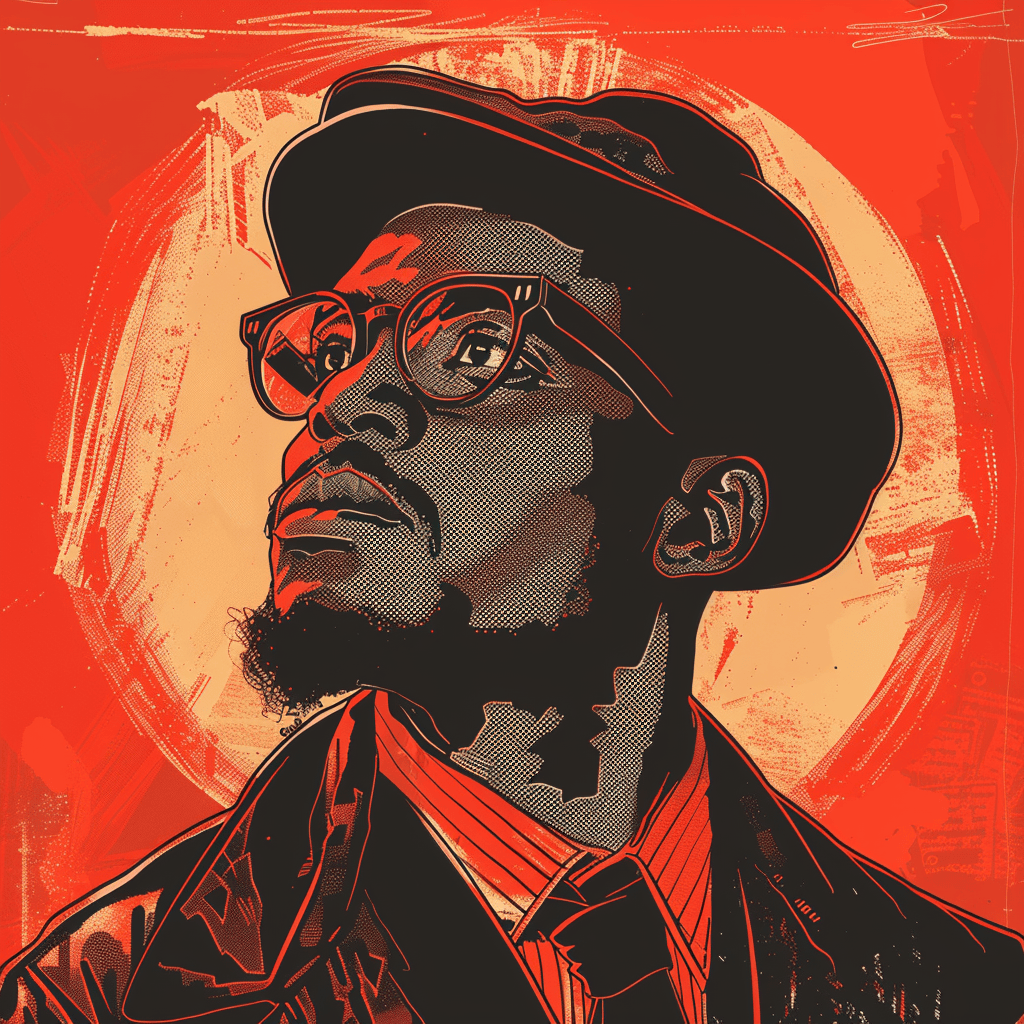Isn’t the worst socialism still better than the best capitalism? Why try to destroy “revisionist” socialism when you have capitalism to destroy? Wouldn’t it be easier to fix a revisionist socialist country than trying to convince a capitalist one to be socialist?


Revisionism is defined as modifications to Marxism that make it compatible with liberalism.
Intellectually, this is solvable through education. Historically, however, when a Marxist state becomes revisionist, as happened in the USSR, the only solution is revolution. This is because the ruling class of a revisionist state diverges from the working class via liberalism and reproduces a class distinction.
As we know, the only way we have discovered of resolving class contradiction requires revolution. Maybe there’s another way, but we haven’t found it.
In this way, the solution to a capitalist society and a revisionist society are the same: revolution .
So how is Dengism not revisionism, though? I know that’s not part of this question, so you don’t have to answer, but the rise of Dengism after the Sino-Soviet split seems disingenuous to me.
Dengism doesn’t make changes to Marxism to make it compatible with liberalism.
What about Dengism makes you think it’s revisionist?
The acceptance of capitalist structures into Chinese communism. Granted, China 100% would not be the superpower it is today without those structures in place, but it still rubs me the wrong way that there are billionaires in China.
Funny, I have the essay for you.
But just so you know
(Note: As long as, of course, ruling class dynamics direct their efforts to it and adapt or not to this change)
Would it be ripe time for China to prolly go socialist, yes, but the only way I see Communism overcoming and becoming the dominant system as it is, is if it the previous rivaling economic mode of production of Capitalism is destroyed, with only feudal and lower remnants to be dealt with. However, Neoliberalism still reigns as far as I’m concerned, albeit under a weakened condition.
Socialism is the process of building communism. Its a dangerous path fraught with dangers on all sides. Deng made market reforms to preserve the forward momentum of the socialist project in China. Had he not made some market reforms it is more than likely that China would not survived as a socialist state at all.
Deng did not accept capitalist structures into the country. At the end of the day no matter how rich individual billionaires might be the Party still controls the central bank and the means of production. They are still subject to the will of the people.
This is why I think an idealogical foreign policy best